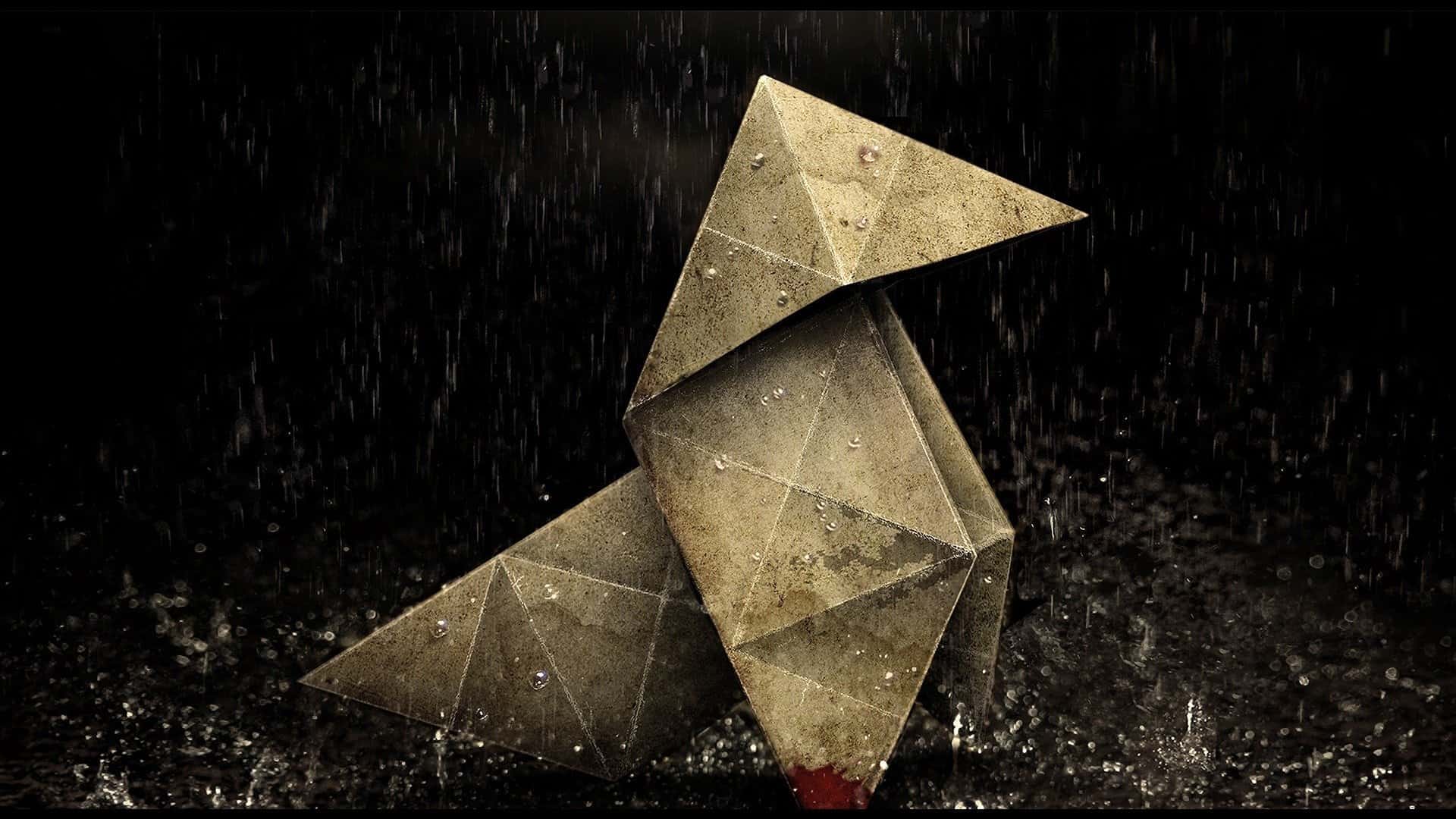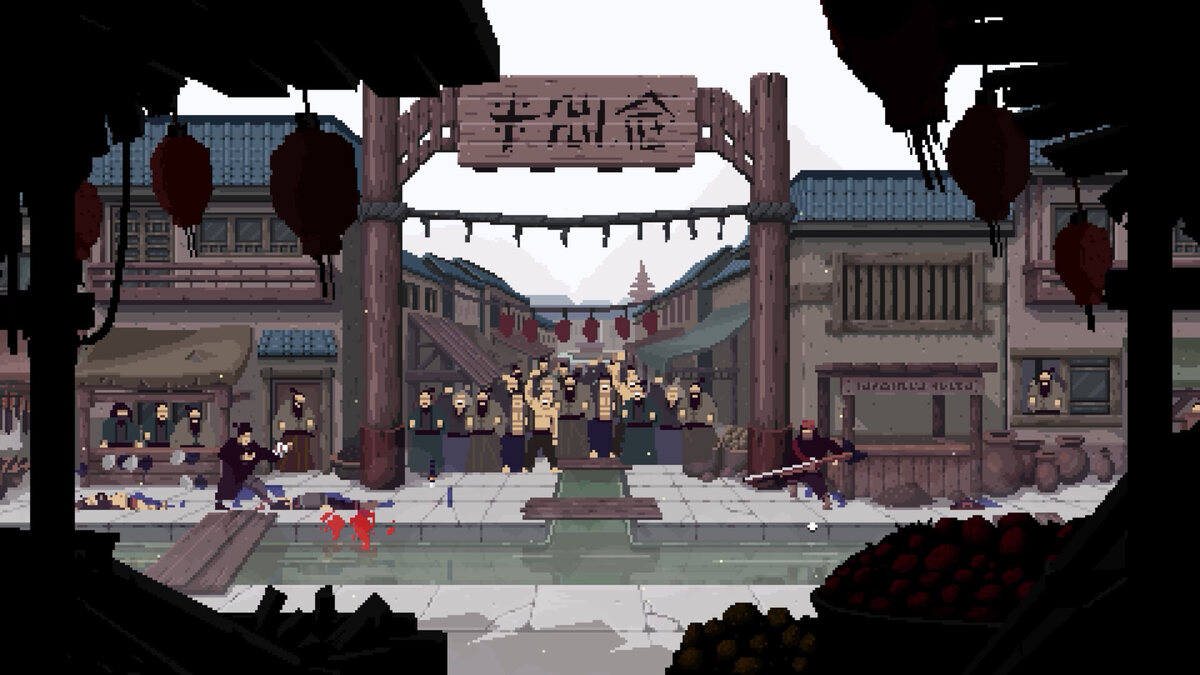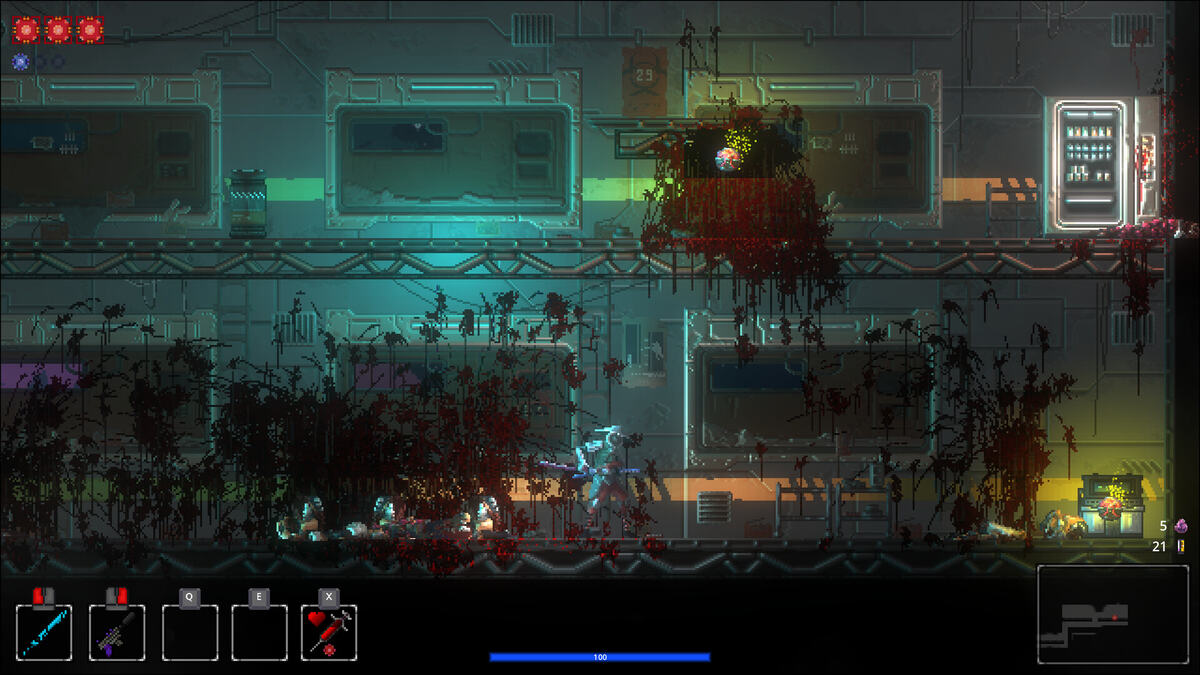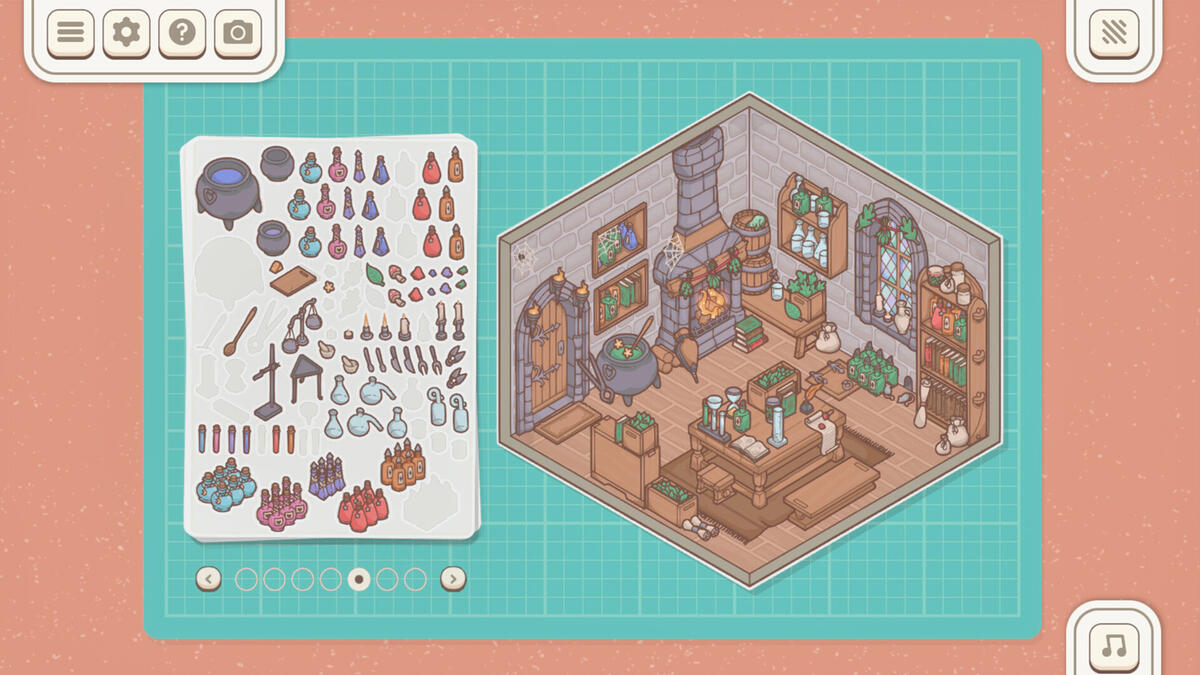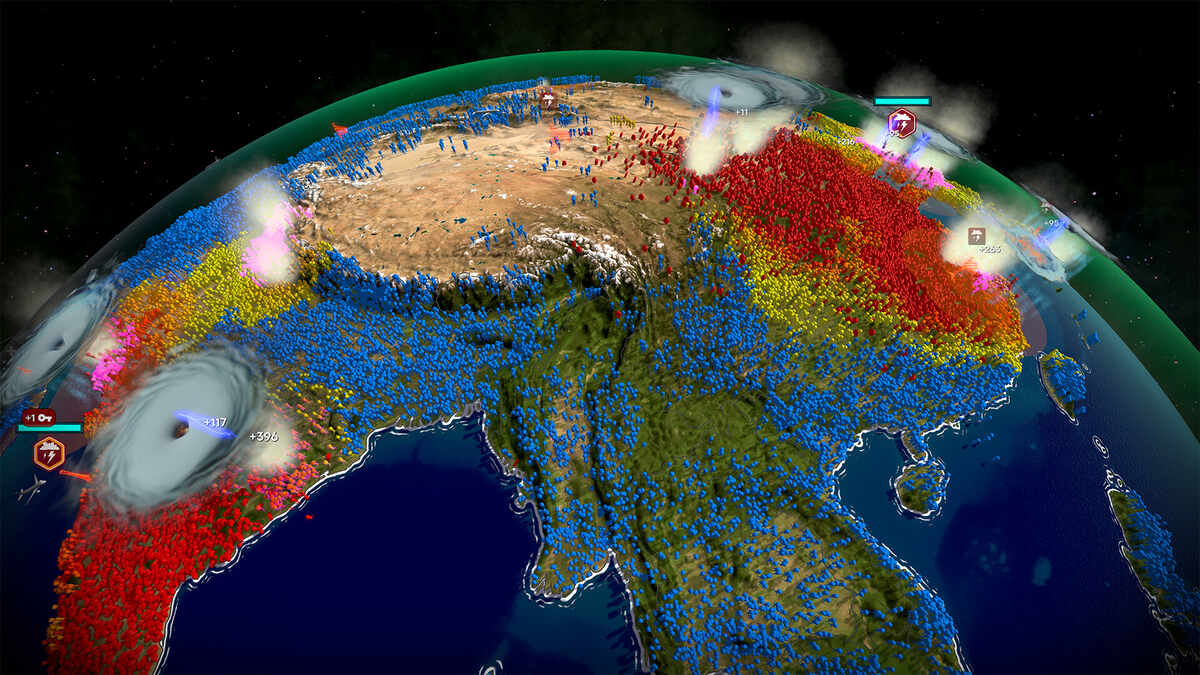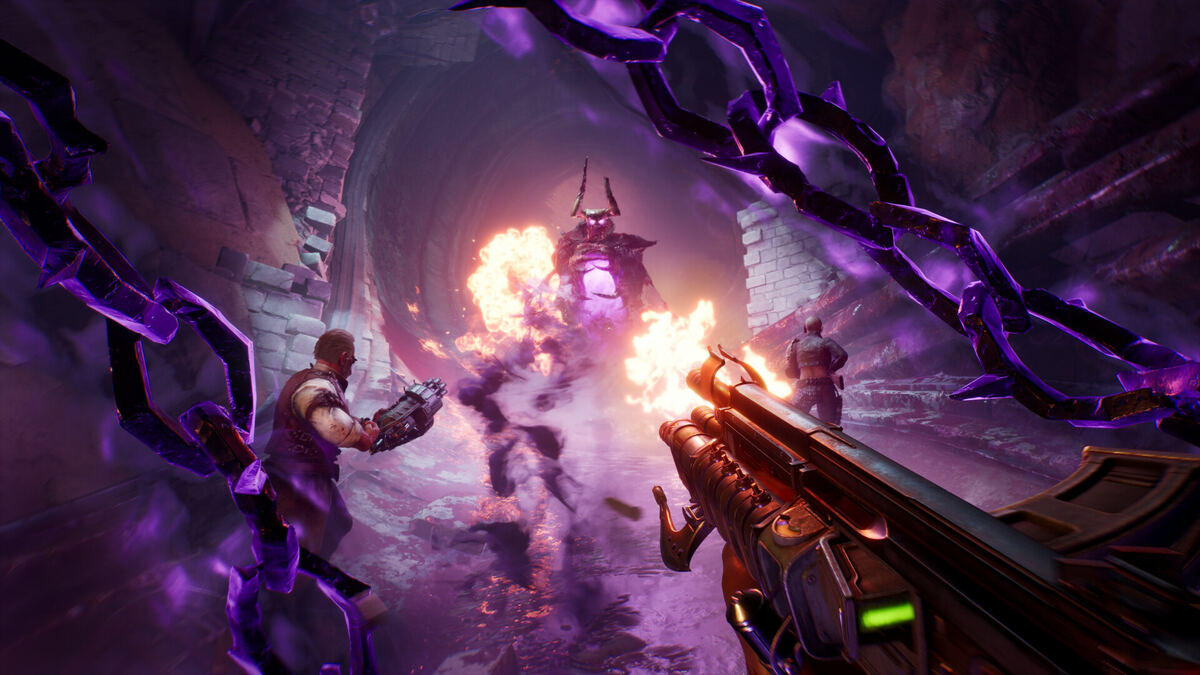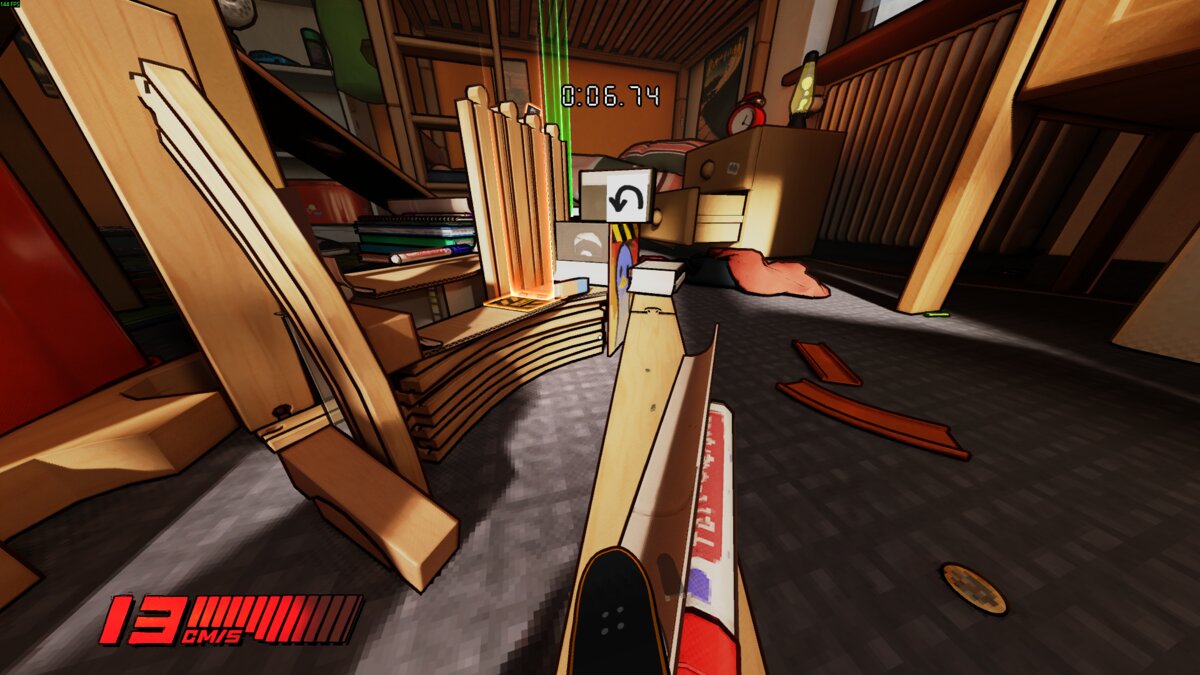You can trust VideoGamer. Our team of gaming experts spend hours testing and reviewing the latest games, to ensure you're reading the most comprehensive guide possible. Rest assured, all imagery and advice is unique and original. Check out how we test and review games here
Quantic Dream’s David Cage is a man with a message. His on stage Heavy Rain presentation during Sony’s gamescom 09 press conference will go down in history for the most uses of the word “love”, an emotion he hopes he’ll capture with the hotly anticipated PS3 exclusive. The following morning we sat down with the man himself for an extended interview on all things Heavy Rain, and a heap more. Read on for part two of Cage’s most revealing interview yet. You’ll find part one here.
VideoGamer.com: Is Heavy Rain a game you can make a demo of?
DC: There are some big debates at the moment within Sony about the proposal and the interest of a demo. Even to make shows like Cologne, it’s a real nightmare to pick out one scene and say, look, we’re going to choose one scene and people will understand what this game is all about. It’s very difficult to find one scene like that because each scene in Heavy Rain is different. So when we showed Mad Jackal, people thought, okay this is the game. You are a profiler and you investigate and you fight and we got 20 scenes like this. No, it’s the only scene structure like that in the full game. Then we show Madison – they say okay you go with this character and you explore. No, it’s the only scene like that. Now we show Shelby, and we’re going to show Ethan’s scene. All four scenes are different, so it’s difficult to say look, this is Heavy Rain.
VideoGamer.com: Does that mean you won’t do a demo?
DC: Honestly I don’t know at the moment. There are pros and cons to doing this. If you release a demo some people may think this demo represents the game where it’s not the case. Like in a movie, can you imagine I’m going to release two minutes of a movie and you’re going to imagine what the movie’s about? Not easy. It’s the same thing. How can you convey the emotional side of the game just with a scene? But there’s also the other counterpoint, which is if you don’t release a demo some people may think, oh they don’t release a demo because the game is not good. No, that’s not the case.
VideoGamer.com: You’re in a difficult situation then?
DC: It’s a difficult situation because it’s a different type of game and it’s difficult just to take a sample and say, look, you understand everything if you play this thing. And there are some examples of very good games in the past who released not that good a demo. The game was fantastic, but the demo was kind of okay. So it’s still in debate.
VideoGamer.com: Your games have always focused on story and the more narrative-based elements of interactive entertainment. On a personal note, do you consider yourself to be a game developer or a storyteller?
DC: First thing, it’s difficult to say, but I believe I’m not making video games any more. So when I’m saying this I’m not saying I’m doing movies and it’s not interactive any more. I’m just saying video games, the way we see them for 20 years, mainly targeting kids and teenagers, with a certain type of very limited gameplay based on violence – I’m not doing this any more. Honestly I believe I will never do it again, whatever happens with Heavy Rain. I’m 40 years old now and I don’t want to make shooters any more. I’m not interested in that. Little characters jumping and crouching and running and shooting – yeah that was fun when I was 15, but I don’t want to do that any more. And after Heavy Rain? It’s the type of game that changes the way you see things in a matter of creative development. It’s difficult to go back to basic things again. So, I see myself as a creator. I could be a writer. I could be a different thing. I’m just using this medium to tell the stories and the things I care about and the things I believe in, and try to trigger emotions. I use this interactive medium. I could use another medium, but I think this is the most exciting one right now.
VideoGamer.com: What’s your take on the motion sensing technology that’s been announced both by Sony and Microsoft? Is that something you think could work for your games?
DC: Well, it may work well with Heavy Rain because Heavy Rain is based on motion already. The way we deal with action sequences, really trying to use the controller as much as possible to make you feel the same moves of your character at the same time. So yeah I feel close to that. At the same time it really depends on how you use it. You can do very different things with motion control. You just need to be careful about how you do things. Do I believe that every single game will be motion control and it’s going to replace regular controllers in the future? No I don’t think so. I think it’s going to work well for certain experiences and people will enjoy some games with that. I don’t think it’s going to overwhelm the market and all games will be like that.
VideoGamer.com: A happy medium perhaps?
DC: Yeah I think so. And I would be interested to see people using this type of controller not for casual and family entertainment, but for more serious experiences.
VideoGamer.com: Do you think motion sensing will be reserved for casual experiences, or will we see serious games for adults perhaps?
DC: That’s my hope. I would like to see more interesting experiences, more adult experiences using this. Not just casual games.
VideoGamer.com: Heavy Rain is coming out next year. It won’t support Sony’s motion sensing controller, or might it?
DC: Not at the release date.
VideoGamer.com: But it may do in the future?
DC: Who knows?
VideoGamer.com: All we have so far in terms of a release date is 2010. Can you nail it down to a quarter?
DC: It’s going to be the first quarter. Hopefully!
VideoGamer.com: So where are you now in terms of development?
DC: We are at the worst moment! We are getting close to the beta stage, which means all the scenes are there, everything is scripted, all the data is produced. We are just at the stage where we polish the game. The amount of polish this game requires is just insane. It’s really insane. Because each time there is a scene where something is wrong, this is the only thing you see. And it really kills immersion. So you need everything to be perfectly tuned so you can just forget that this is a video game and just focus on what’s going on.
VideoGamer.com: Would you prefer then to be back with the team working on the game or do you still think events like gamescom have value?
DC: No there’s value. We promote the game and we’re here to evangelise and tell people about Heavy Rain. It was an honour for example to be at Sony’s conference yesterday. We had great pleasure to be on stage with Kaz Hirai and Andrew of course. But, at the same time it takes some time. But also you go back to the studio with some feedback with the questions the journalists ask. You need some contact with the outside as you make the game otherwise you’re just in complete isolation and you may completely miss things. So no, I think it’s very interesting to get some feedback and talk to people. You come back with energy you can share with the team. It’s positive. I wouldn’t do that every month, but three times a year is okay.
VideoGamer.com: What will you reveal at the Tokyo Game Show?
DC: Well the content for Tokyo Game Show is still in discussion. The game’s just been announced very recently in Japan, so they don’t have the information we’ve already revealed. The plan is much more to update the Japanese market, and maybe come with some announcement at Tokyo hopefully.
VideoGamer.com: Would you say Heavy Rain is a European game? Will it go down better with Europeans? Is it a game the American market might not get as easily as Europeans?
DC: That’s an interesting question. You know when we were working on Fahrenheit, the initial feedback from the marketing at Atari was this is a game for Europe, because Europe will get it, but the US, they’re such a basic market, they just want shooters and racing games. And you know what? The game was better reviewed in the US than in Europe actually. I think it’s like 87 Metacritic in the US. It’s 86 in Europe. That was very interesting information. We were really frustrated because we thought that if Atari believed in the potential of the game in the US earlier, they would have made very significant sales there, much more than they actually did.
With Sony and Heavy Rain there’s a very different perception here – that this game is a worldwide title. It’s not a European title. And we realise that the feedback is exactly the same, if not more positive in the US than in Europe. So no, I don’t think there’s any difference. We don’t need to be casual about what the US market is. There are some very clever journalists and gamers and they want different types of experiences, not only shooters.
VideoGamer.com: I was recently at the Develop conference in Brighton. Silicon Knights’ Denis Dyack talked about games as art. You’re probably one of the pioneering developers in terms of that debate. Are games art?
DC; That was the subject of my conference at GDC yesterday. Well I believe that our industry is at a crossroads. There are different decisions that we need to make. Do we want to focus on primal emotions, like adrenaline and stress? Or do we want to start to think of what I call social emotion – empathy, sadness? They’re more complex and more difficult to trigger. That’s one decision. The other decision is do we want to focus on kids and teenagers or do we want to talk to a more adult audience? Do we see ourselves as making toys or as making art? That’s a key decision, because if you make toys, well it’s for kids, it’s easier to make, the subjects you talk about are very limited, and most of all it’s just a way to spend time. You just play, and when you stop playing you forget about what you did but it didn’t leave anything in you. If you play art you need to bring some depth, some meaning. You need to spend more energy and more time in the creative side of the work. The experience will leave an imprint in you. It will make you slightly different after you played than before, like the best movies you’ve watched or the best book you’ve read. So I think it’s a big difference and it’s a major choice for this industry right now, to decide what we want to be. I think there’s room enough for everybody. There will be toys. There will be titles for kids and for adults. My frustration at the moment is that there are only toys and only for kids and teenagers. I would like to see more games exploring mature content.
VideoGamer.com: If you have one wish for how gamers will feel after they finish playing Heavy Rain, what might that be?
DC: That’s a difficult question. I believe that this game is going to be important for this industry in one way or another, because we are making a game for adults based on more complex emotions and interactive storytelling, in the best possible positions. We are on a very powerful platform supported by a very strong and good publisher, with exposure, with all the time and means we can dream of. Everybody will look at Heavy Rain to see what it’s going to make and how it’s going to make it. If it’s a success, it will support the idea that this industry should go in that direction. If it miserably fails whether from a creative point of view or a commercial point of view, it’s going to take a very long time for another publisher to try the same thing. So we feel we have some kid of responsibility about this. If we want to see the industry moving in this direction we need to make a success with this game. That’s a little bit more pressure on our shoulders than just making a game and making it a success. I think it’s something important right now.
So my dream for Heavy Rain would be that people see it as a very emotional journey, something that will leave an imprint in them. That will make them maybe, not change them or change the way they see things, but be a part of themselves, like the best movies you’ve seen. I’ve seen many movies that are still a part of my personal culture, that I still remember and will remember for a long time. My ideal situation for Heavy Rain would be that people feel that way, like the characters and keep a part of them in themselves for a long time.
Heavy Rain is due out exclusively for PS3 in the first quarter of 2010.
Heavy Rain
- Platform(s): PC, PlayStation 3, PlayStation 4
- Genre(s): Action, Adventure, Third Person

/https://oimg.videogamer.com/images/d58f/heavy_rain_48.jpg)
/https://oimg.videogamer.com/images/4725/heavy_rain_49.jpg)
/https://oimg.videogamer.com/images/5903/heavy_rain_47.jpg)
